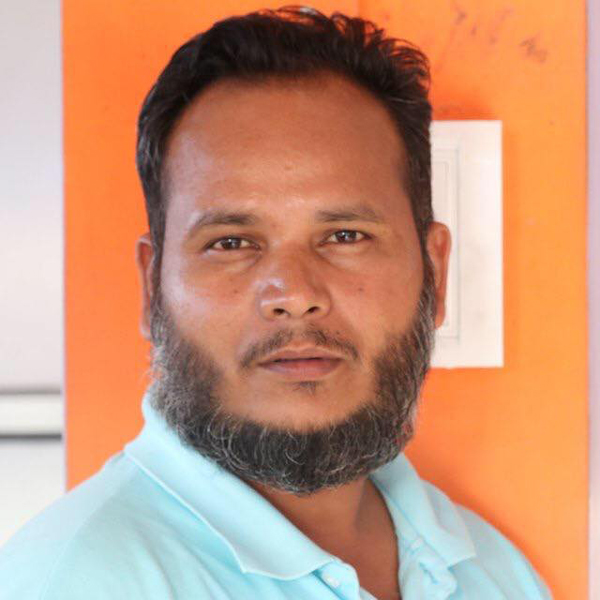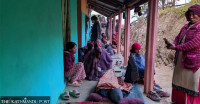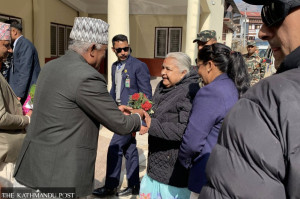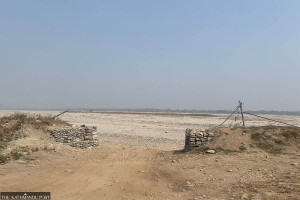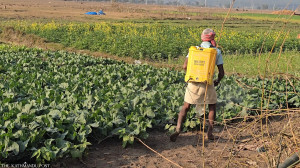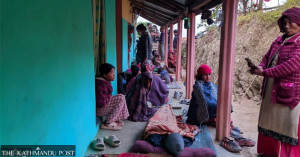Koshi Province
Kolkata High Court orders state government to consider compensating Timsina
The Timsina family faced hardships due to his incarceration, the court notes.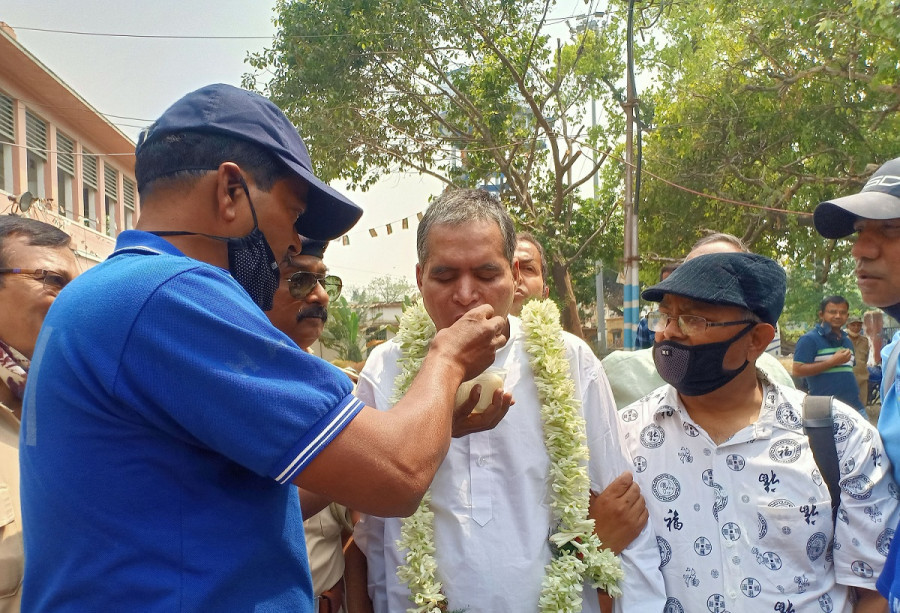
Parbat Portel
Kolkata High Court has issued an order to the West Bengal government to look into compensating Nepali national Durga Prasad Timsina (aka Dipak Joshi—as referred to by the court) who was released from the Dum Dum Central Correctional Home in Kolkata on Saturday after spending 40 years there.
A joint-bench of Chief Judge Thottathil B Radhakrishnan and Judge Anirudra Roy on Monday asked the West Bengal government to consider providing compensation to Timsina, the court said in a statement.
“The court’s statement on Monday has opened a door for Durga Prasad to get compensation,” Hirak Sinha, a lawyer who represented Timsina, told the Post over the phone.
Timsina was released on Saturday following a court order on Wednesday. The 60-year-old man returned home on Sunday and reunited with his 85-year-old mother after four decades.
Timsina had been languishing in the Indian prison without a proper trial for the last 40 years. He arrived at his ancestral home in Mai Municipality, Ilam on Sunday with Prakash Chandra, his cousin..
The statement reads, “Dipak Joshi and his family are economically marginalised and also face social challenges on account of the detention and continued incarceration of Dipak Joshi.”
The court added, “The detention of Dipak Joshi for about 41 years or so, that too without trial and also without resorting to other due proceedings, prompt us to consider whether he is to be supported with and order of compensation or damages, as against the State. We think that it is appropriate to look into the issue as to whether an order of compensation or damages, as against the State could be passed.”
On May 11, 1980, a complaint was filed against Timsina at the Darjeeling Police Office accusing him of murder of his landlord’s wife Junu Gurung. But his trial never took place even as he spent four decades in jail.
The family had given him up for dead thinking that he might have died during the Gorkhaland uprising in the 1980s. It was only in November last year that the family came to know about his imprisonment at Dum Dum prison.




 9.17°C Kathmandu
9.17°C Kathmandu